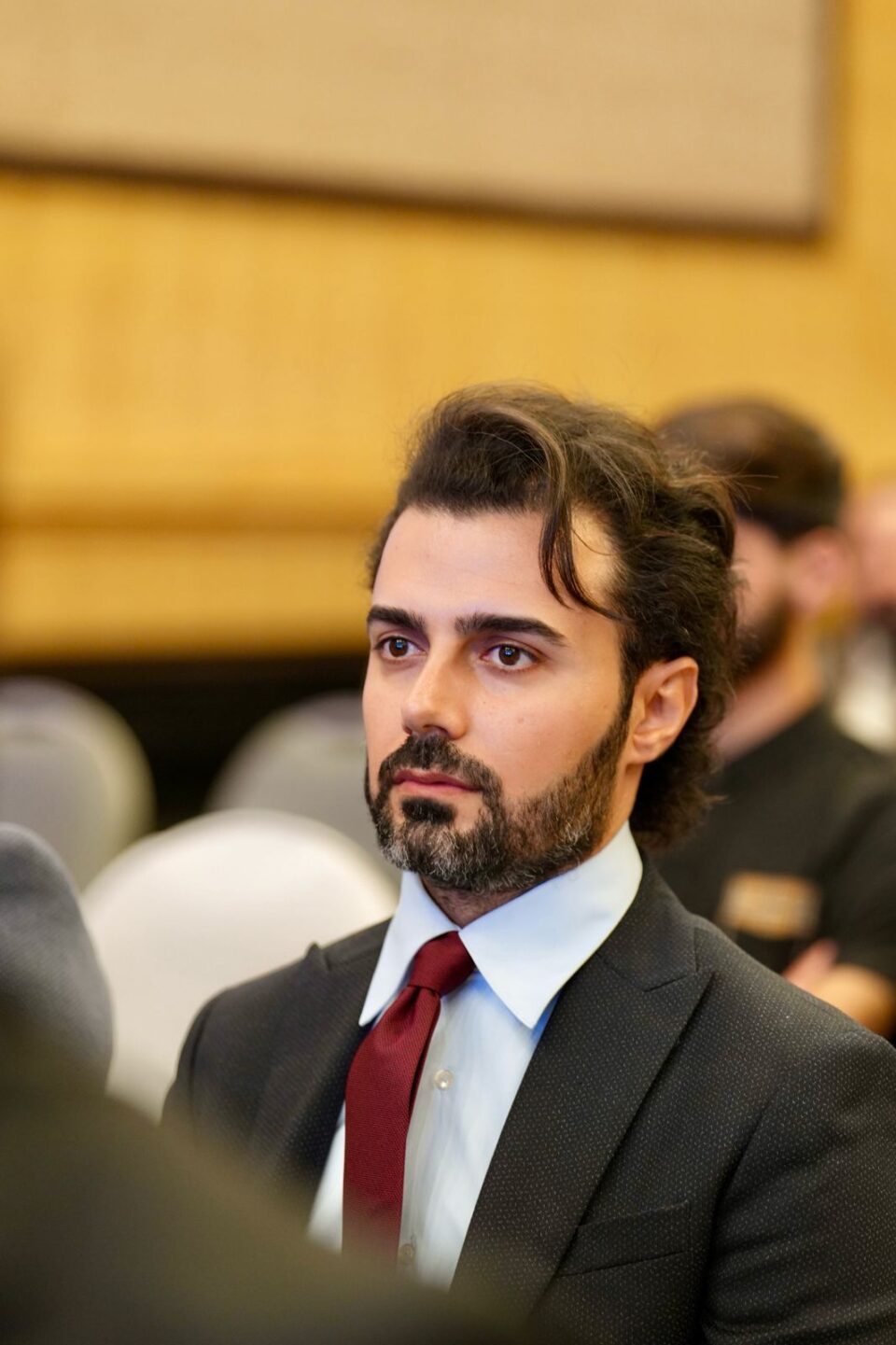By Mohammed Rahman Ahmed
According to Article One of Syria’s new interim constitution, it declares Syria an Arab state that is politically and geographically a single unit from which no part may be ceded. This is specifically written against Kurdish interests, meaning Kurds and other nationalities will have no role or position in this state. Western Kurdistan (Rojava) is recognized neither as an administrative and geographical unit nor as a political and military entity.
However, the Declaration of the Kurdish Unity Congress states that Syria should be a multi-national country with a neutral identity representing all ethnic and religious components. Regarding the Kurdish position, it states that Kurdish areas should constitute a political and administrative unit within the framework of Syrian unity. Thus, the Kurdish Unity Congress calls for a decentralized Syria, while Ahmed al-Sharaa’s interim constitution demands a centralized Syria.
Article 2 claims the political system is based on the separation of powers. Yet examining Articles 24 and 25 in the third section concerning the country’s political system reveals that the executive authority, headed by Ahmed al-Sharaa/Jolani, has complete dominance over the legislative authority, as discussed below.
Article 3 states that Islam is the religion of the state (specifically the particular interpretation embraced by the Hayat Tahrir al-Sham group).
The English translation of the text is:
“So the new Syria does not belong to religions, sects, and other beliefs ; it only belongs to the group of Ahmed al-Shara’a/Jolani.”. In contrast, the Kurdish Unity Congress Declaration states that Syria must remain neutral regarding religious identity and recognize all other religions, including Alawite, Druze, Christian, and Yazidi.
Article 4 declares Arabic as the only official language of the state, preventing Kurds from writing and studying in their own language. We observe that only Kurdish political Islamists have neglected national sentiment, while Turkish, Arab, and Persian Islamists, no matter how extreme, never abandon their national chauvinism. The Kurdish Unity Congress Declaration, however, states that Kurdish should be recognized as an official language, with education, media, and all publications officially permitted in Kurdish.
Article 7, again targeting Kurds and Druze, emphasizes the territorial integrity of Syria, stating that any calls for division or requests for support from external forces are considered crimes. This directly opposes the Kurdish demands for decentralization and self-administration, as well as their reliance on external support from countries like the United States and France.
Article 9, second paragraph, states that only the state may establish an army, and all military groups, factions, and organizations must be dissolved and prohibited, placing everything under state control. This contradicts the Kurdish desire to maintain their armed forces with their current characteristics.
Political System andSeparation of Powers
According to Syria’s interim constitution, the political system is presidential with powers completely separated and independent from each other. However, examining Article 24, paragraph one reveals that the President appoints a supreme committee for selecting members of parliament, meaning all parliamentarians are indirectly selected by the President.
In the third paragraph of the same article, it states that the President directly selects one-third of parliamentary members.
Article 25 states that no parliamentarian can be removed without the approval of one-third of the members, meaning no parliamentarian can be removed without the President’s consent.
Upon closer examination, while powers are ostensibly separated, the executive authority—the President—has complete dominance over the legislative authority.
The executive branch, which he heads, has unlimited powers. Article 31 states that the Prime Minister and ministers exercise their authority over all regions within Syria’s borders. This rejects Rojava’s self-administration system; according to the constitution, all forms of self-governance and decentralization for Kurds are denied.
Article 32 states that the President is the commander of all armed forces within the country, meaning the Syrian Democratic Forces (SDF) and Mazloum Abdi must also be under his authority.
In Article 39, paragraph one, the President has the right to introduce draft laws to parliament. Even more striking is paragraph two, which states that no law can be passed without the President’s approval. It specifies that if the President disapproves of a law, it returns to parliament where it must gain one-third of members’ votes to pass—members directly appointed by the president himself. If this fails, he decides what to do.
In short, this constitution is tailored precisely to Ahmed al-Sharaa/Jolani’s dictatorial desires, giving him complete dominance over all authorities and institutions.
However, according to the Kurdish Unity Congress Declaration, the country’s system should be parliamentary, not presidential. Similar to federal states, the parliament should have two chambers: a general assembly and a chamber representing regions and components, creating political balance to prevent the larger component from moving toward authoritarianism through a majority system. In this assembly, components should have veto power to prevent the tyranny of the majority. They also emphasize that Kurds must have representation in all state institutions.

